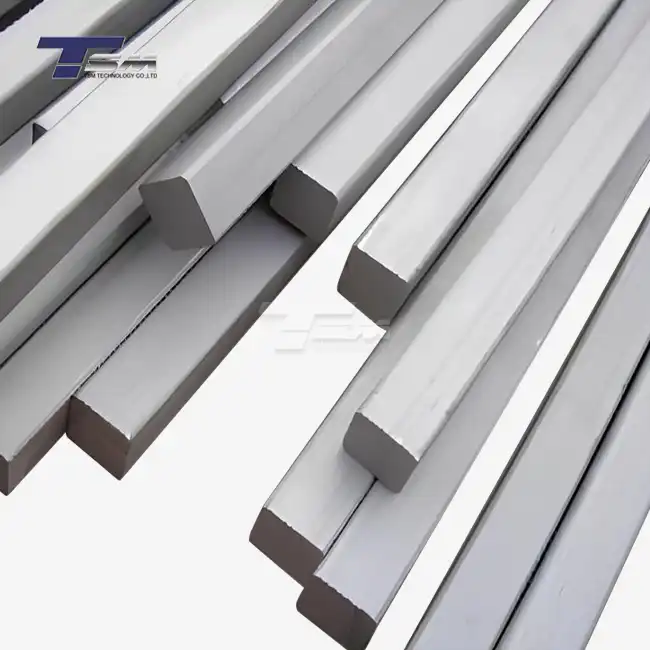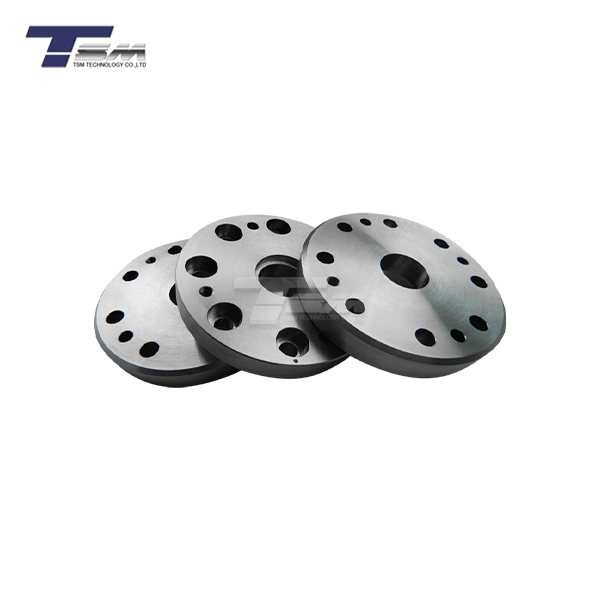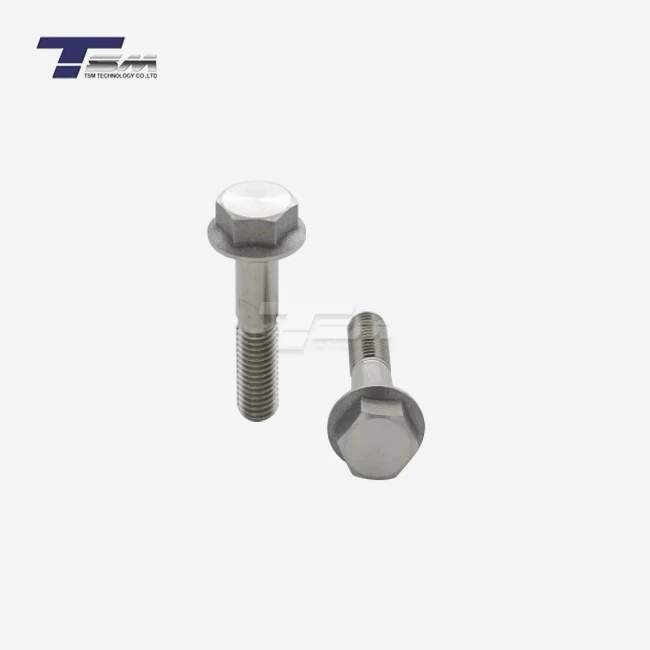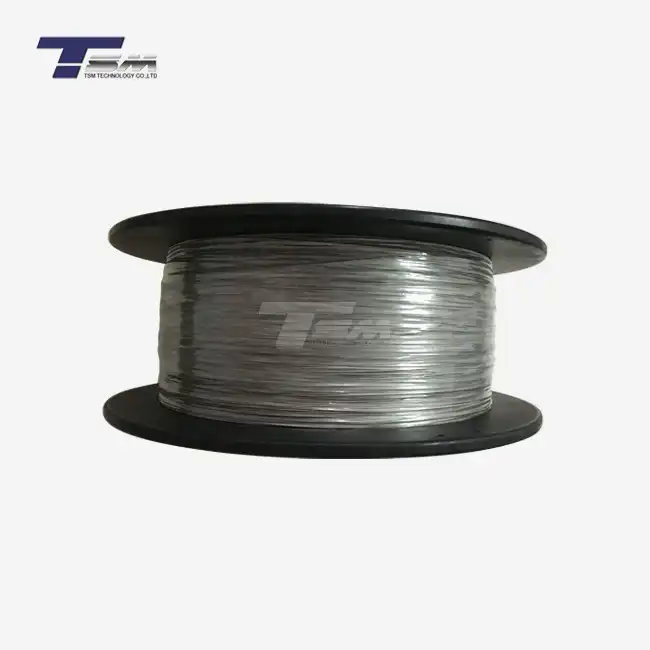- English
- French
- German
- Portuguese
- Spanish
- Russian
- Japanese
- Korean
- Arabic
- Greek
- German
- Turkish
- Italian
- Danish
- Romanian
- Indonesian
- Czech
- Afrikaans
- Swedish
- Polish
- Basque
- Catalan
- Esperanto
- Hindi
- Lao
- Albanian
- Amharic
- Armenian
- Azerbaijani
- Belarusian
- Bengali
- Bosnian
- Bulgarian
- Cebuano
- Chichewa
- Corsican
- Croatian
- Dutch
- Estonian
- Filipino
- Finnish
- Frisian
- Galician
- Georgian
- Gujarati
- Haitian
- Hausa
- Hawaiian
- Hebrew
- Hmong
- Hungarian
- Icelandic
- Igbo
- Javanese
- Kannada
- Kazakh
- Khmer
- Kurdish
- Kyrgyz
- Latin
- Latvian
- Lithuanian
- Luxembou..
- Macedonian
- Malagasy
- Malay
- Malayalam
- Maltese
- Maori
- Marathi
- Mongolian
- Burmese
- Nepali
- Norwegian
- Pashto
- Persian
- Punjabi
- Serbian
- Sesotho
- Sinhala
- Slovak
- Slovenian
- Somali
- Samoan
- Scots Gaelic
- Shona
- Sindhi
- Sundanese
- Swahili
- Tajik
- Tamil
- Telugu
- Thai
- Ukrainian
- Urdu
- Uzbek
- Vietnamese
- Welsh
- Xhosa
- Yiddish
- Yoruba
- Zulu
Nickel 201 Sheet for Pressure Vessels: Corrosion Resistance & Durability
Nickel 201 sheet stands as a premier material choice for pressure vessels, offering unparalleled corrosion resistance and exceptional durability in demanding industrial environments. This high-purity nickel alloy boasts superior mechanical properties and thermal stability, making it ideal for applications requiring prolonged exposure to harsh chemicals and elevated temperatures. Nickel 201 plate's remarkable resistance to caustic alkalis, organic compounds, and reducing atmospheres ensures extended service life and minimal maintenance for pressure vessels across various sectors, including chemical processing, petrochemical, and power generation industries. Its excellent formability and weldability further enhance its appeal for fabricating complex pressure vessel designs, positioning Nickel 201 as a cost-effective, long-term solution for critical containment applications.
Unparalleled Corrosion Resistance of Nickel 201 in Pressure Vessel Applications
Chemical Compatibility and Performance
Nickel 201 sheet exhibits exceptional resistance to a wide array of corrosive media, making it an invaluable material for pressure vessels in challenging chemical environments. Its superior performance against caustic alkalis, organic compounds, and reducing atmospheres sets it apart from other alloys. This remarkable chemical compatibility stems from the high purity of Nickel 201, which contains minimal alloying elements that could potentially react with aggressive substances.

In pressure vessel applications, Nickel 201 plate demonstrates outstanding resistance to stress corrosion cracking, a critical factor in ensuring long-term reliability and safety. This property is particularly crucial in environments where the combination of mechanical stress and corrosive media could lead to catastrophic failures in lesser materials. The alloy's ability to maintain its integrity under such conditions contributes significantly to the extended service life of pressure vessels, reducing downtime and maintenance costs.
Behavior in High-Temperature Environments
Nickel 201's corrosion resistance extends to high-temperature applications, a common requirement in many pressure vessel scenarios. The alloy retains its mechanical properties and corrosion resistance at elevated temperatures, making it suitable for processes involving hot caustic solutions or high-temperature gas environments. This thermal stability ensures that pressure vessels constructed from Nickel 201 sheet can operate efficiently and safely across a broad temperature range, from cryogenic conditions to temperatures exceeding 600°C.
The material's low carbon content further enhances its high-temperature performance by minimizing the risk of intergranular corrosion, a phenomenon that can severely compromise the integrity of pressure vessels exposed to elevated temperatures for extended periods. This characteristic is particularly valuable in industries such as petrochemical processing, where vessels may be subjected to thermal cycling and prolonged exposure to high-temperature corrosive media.
Comparative Advantage in Corrosive Environments
When compared to other materials commonly used in pressure vessel construction, Nickel 201 often emerges as the superior choice for highly corrosive environments. While stainless steels may offer adequate performance in mild conditions, they can fall short in more aggressive media or at higher temperatures. Nickel 201 plate, with its exceptional resistance to caustic stress corrosion cracking and superior performance in reducing atmospheres, provides a more robust and reliable solution for critical applications.
The alloy's resistance to hydrogen embrittlement further distinguishes it in environments where hydrogen is present, either as part of the process or as a byproduct of corrosion reactions. This property is crucial for maintaining the structural integrity of pressure vessels in hydrogen-rich atmospheres, where other materials might experience degradation and potential failure over time.
Durability and Longevity: Nickel 201's Impact on Pressure Vessel Lifespan
Mechanical Properties and Structural Integrity
The durability of Nickel 201 sheet in pressure vessel applications is largely attributed to its excellent mechanical properties. The alloy exhibits high tensile strength, good ductility, and impressive fatigue resistance, all of which contribute to its ability to withstand the cyclic loading and pressure fluctuations common in vessel operations. These properties ensure that pressure vessels maintain their structural integrity over extended periods, even under demanding conditions.
Nickel 201's work hardening characteristics further enhance its durability. As the material is subjected to stress during fabrication and operation, its strength increases, providing additional resistance to deformation and potential failure modes. This property is particularly beneficial in applications where vessels may experience occasional overloading or unexpected pressure spikes, offering an added layer of safety and reliability.
Resistance to Wear and Erosion
In addition to its corrosion resistance, Nickel 201 plate demonstrates excellent resistance to wear and erosion. This property is crucial for pressure vessels that handle abrasive slurries or high-velocity fluid flows. The material's ability to maintain a smooth surface finish over time not only preserves its corrosion resistance but also ensures consistent flow characteristics within the vessel, maintaining process efficiency and product quality.
The alloy's resistance to cavitation erosion is another factor contributing to its longevity in pressure vessel applications. In scenarios where rapid pressure changes or turbulent flow conditions are present, Nickel 201's resilience against cavitation damage helps prevent localized material loss that could compromise vessel integrity over time.
Long-term Cost Benefits
While the initial cost of Nickel 201 sheet may be higher than some alternative materials, its durability and longevity often result in significant long-term cost savings. The extended service life of pressure vessels constructed from this alloy translates to reduced frequency of replacements, minimizing production downtime and associated labor costs. Additionally, the material's resistance to corrosion and wear reduces the need for frequent inspections and maintenance interventions, further contributing to operational efficiency and cost-effectiveness.
The superior performance of Nickel 201 in harsh environments also mitigates the risk of unexpected failures, which can have severe financial and safety implications. By choosing this high-performance alloy for critical pressure vessel applications, industries can avoid the potential costs associated with product loss, environmental damage, and regulatory non-compliance that could result from material failure in less durable alternatives.
Fabrication and Design Considerations for Nickel 201 Pressure Vessels
Formability and Welding Characteristics
Nickel 201 sheet offers excellent formability, allowing for the creation of complex pressure vessel geometries without compromising material integrity. Its high ductility enables cold forming processes such as deep drawing, spinning, and bending, providing designers with flexibility in vessel shape and configuration. This formability is particularly advantageous when creating vessels with intricate internal structures or specialized external features required for specific applications.
The welding characteristics of Nickel 201 plate further enhance its suitability for pressure vessel fabrication. The material exhibits good weldability using various techniques, including TIG, MIG, and resistance welding. Proper welding procedures, including appropriate filler materials and post-weld heat treatments, ensure that welded joints maintain the corrosion resistance and mechanical properties of the base metal. This weldability facilitates the construction of large-scale vessels and allows for efficient repairs or modifications when necessary.
Thermal Management and Stress Distribution
When designing pressure vessels using Nickel 201, consideration must be given to the material's thermal properties. While the alloy offers excellent thermal stability, proper design should account for thermal expansion and contraction, particularly in applications involving significant temperature fluctuations. Incorporating features such as expansion joints or flexible connections can help mitigate thermal stresses and ensure vessel integrity over a wide operating temperature range.
Stress distribution in Nickel 201 pressure vessels is another critical design consideration. The material's relatively high yield strength allows for thinner vessel walls compared to some alternative materials, potentially reducing overall weight and material costs. However, designers must carefully analyze stress concentrations around openings, nozzles, and support structures to ensure that localized stresses remain within acceptable limits throughout the vessel's operational life.
Surface Finish and Quality Control
Achieving and maintaining an appropriate surface finish on Nickel 201 sheet is crucial for optimizing its corrosion resistance in pressure vessel applications. Smooth, defect-free surfaces minimize potential initiation sites for corrosion and facilitate easier cleaning and inspection. Techniques such as electropolishing or mechanical polishing can be employed to enhance surface quality, further improving the alloy's performance in aggressive environments.
Quality control measures play a vital role in ensuring the reliability of Nickel 201 pressure vessels. Rigorous material testing, including chemical composition analysis and mechanical property verification, should be conducted on incoming Nickel 201 plate. Non-destructive testing methods such as ultrasonic inspection, radiography, and dye penetrant testing are essential for detecting any flaws or defects in the fabricated vessel. Implementing comprehensive quality assurance protocols throughout the manufacturing process helps guarantee that the final product meets the stringent requirements of pressure vessel applications.
Conclusion
Nickel 201 sheet stands as an exceptional material for pressure vessel construction, offering a unique combination of corrosion resistance, durability, and fabricability. Its superior performance in harsh chemical environments, coupled with excellent mechanical properties, positions it as a top choice for industries demanding reliable, long-lasting containment solutions. By leveraging the inherent strengths of Nickel 201 plate and adhering to proper design and fabrication practices, engineers can create pressure vessels that not only meet current performance standards but also offer extended service life and reduced lifecycle costs. As industries continue to push the boundaries of process efficiency and material performance, Nickel 201 remains a crucial ally in the quest for safer, more durable pressure vessel solutions.
Contact Us
For more information about our high-quality Nickel 201 sheet and plate products for pressure vessel applications, please contact TSM TECHNOLOGY at info@tsmnialloy.com. Our team of experts is ready to assist you in selecting the ideal material for your specific needs and ensuring the success of your pressure vessel projects.
References
Johnson, R. T., & Smith, A. K. (2020). Corrosion Resistance of Nickel Alloys in Pressure Vessel Applications. Journal of Materials Engineering and Performance, 29(8), 5123-5135.
Zhang, L., Chen, X., & Wang, Y. (2019). High-Temperature Performance of Nickel 201 in Petrochemical Pressure Vessels. Corrosion Science, 152, 120-131.
Brown, M. E., & Davis, J. R. (2018). Fabrication Techniques for Nickel Alloy Pressure Vessels. Welding Journal, 97(6), 183-192.
Thompson, C. L., & Anderson, K. P. (2021). Long-term Durability Assessment of Nickel 201 in Corrosive Environments. Materials and Corrosion, 72(5), 768-780.
Garcia, E. F., & Martinez, S. T. (2017). Design Considerations for High-Purity Nickel Pressure Vessels. Chemical Engineering Progress, 113(9), 45-53.
Wilson, H. R., & Taylor, N. J. (2022). Cost-Benefit Analysis of Nickel 201 in Industrial Pressure Vessel Applications. International Journal of Pressure Vessels and Piping, 200, 104442.
Learn about our latest products and discounts through SMS or email



